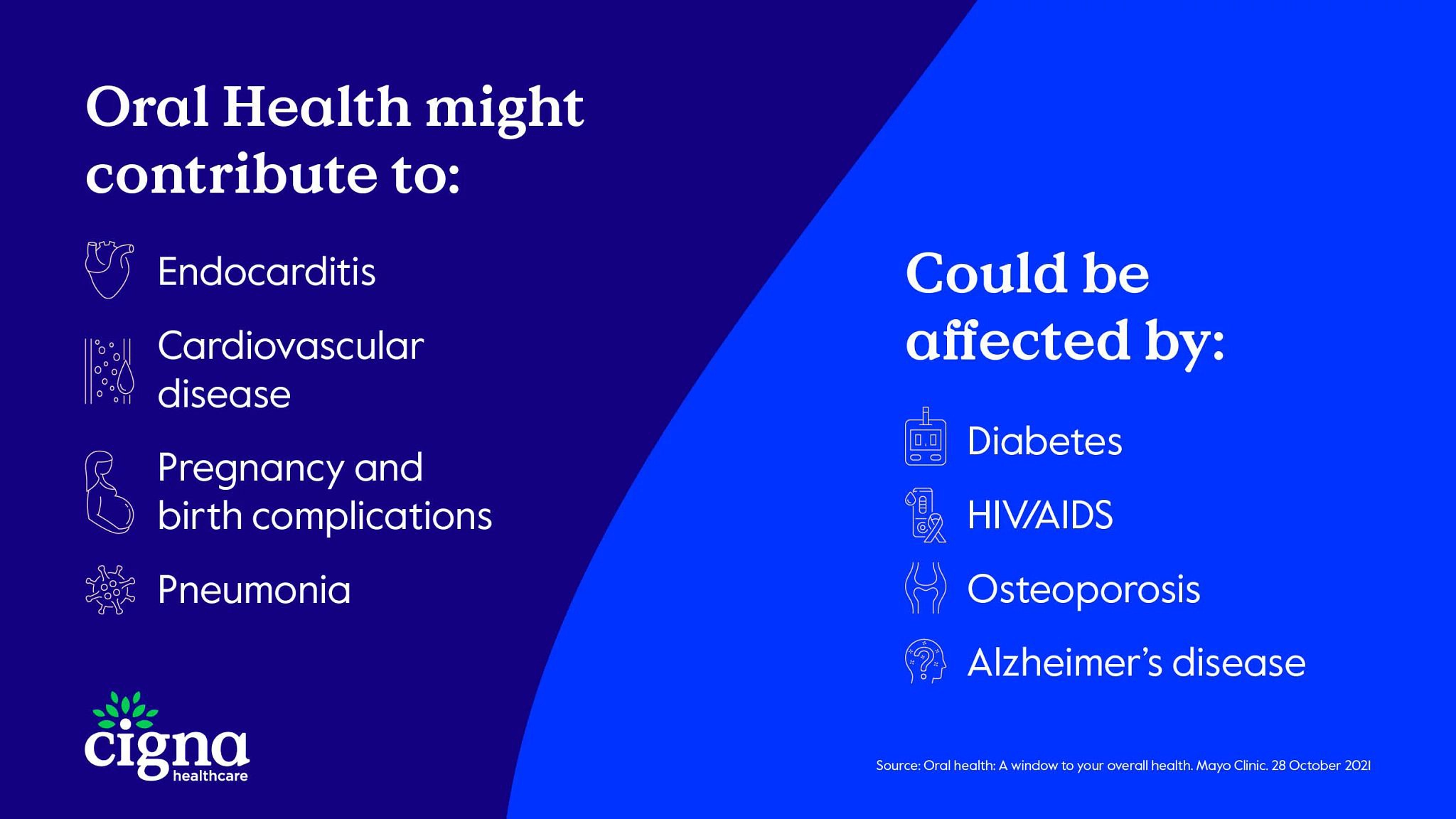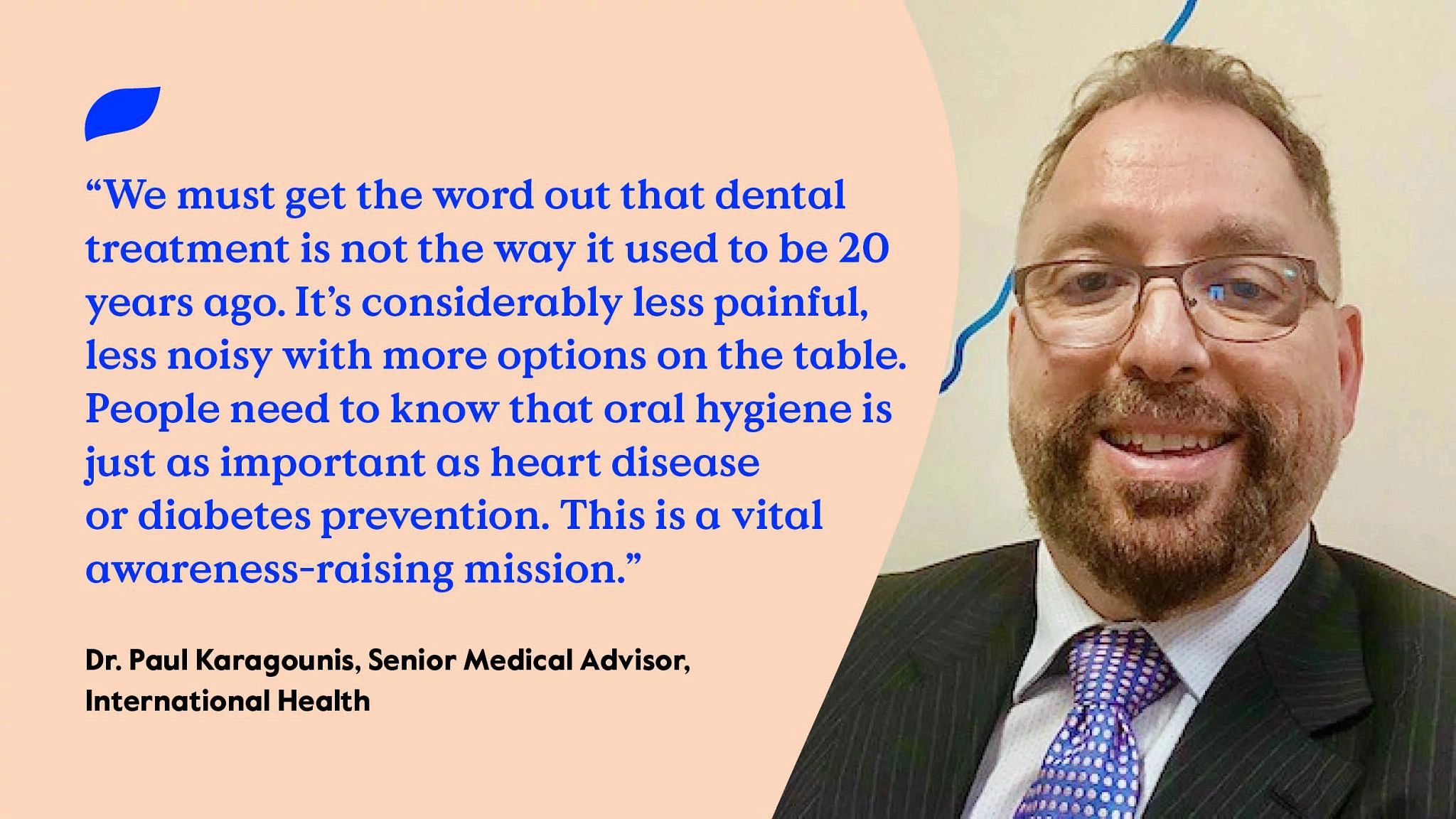- For Providers
- For Brokers
Individuals & Families
- Global Individual Health
- Spanish Domestic Individuals
Employers
- SME Employer Health
- Large Corporation Health
- Spanish Domestic Employers
IGO/NGO
- IGO/NGO Health
Individuals & Families
Top Destinations We Cover
Expat Health Insurance
- Inside Expat Health Hub
- Retiree guide to International health Insurance
- A guide to International health Insurance for working abroad
- Expat Health Insurance Explained
- Student guide to International health Insurance
- Moving abroad while pregnant
Choosing Health Insurance
- Travel Insurance vs International Health Insurance
- Choosing Health Insurance
Country Guides
- Country Guides
FAQ
- Frequently Asked Questions
Employers
Member resources
- Useful Documents & Information
- U.S Prescription Drug List
Client
- Employer Log In
IGO/NGO & Government
Government Officials
- Government Officials
Client
- Employer Log In
Topics
Individuals & Families
-
Types of Cover
-
Where We Cover
-
Resources
- Inside Expat Health Hub
- Retiree guide to International health Insurance
- A guide to International health Insurance for working abroad
- Expat Health Insurance Explained
- Student guide to International health Insurance
- Moving abroad while pregnant
- Travel Insurance vs International Health Insurance
- Choosing Health Insurance
- Country Guides
- Frequently Asked Questions
-
For Members
Employers
-
Employers
-
For Members
IGO/NGO & Government
Health Blog
For Brokers
Let's Talk About Oral Health – “Open Wide”
Let's Talk About Oral Health – “Open Wide”
Oral health is a critical part of our well-being, and one that takes both personal care and group efforts to fully achieve. It’s an aspect of health that we need to talk about more openly.
Our mouths take in and harbor more types of bacteria than any other part of the body besides the intestine. The mouth is the main gateway to the body, which is why we should take good care of it, yet few other aspects of well-being are as shrouded in fear and misunderstanding as oral health. In fact, many people prefer to think about their mouths and teeth as little as possible, and many put off going to the dentist for far too long.
I must admit that I too feel apprehensive about going to the dentist. In my case it’s simple “dentophobia” – an irrational fear of the dentist’s chair triggered by some discomfort long ago, maybe in childhood. In general though, people’s reluctance to visit the dentist is down to a combination of factors, including cost, access, misconceptions, and lack of education. And of course, many of us simply prioritize other health issues over our teeth. But we shouldn’t put off going to the dentist, even if we’re not feeling any discomfort; just only for a regular check-up.
Drilling into the details
Good oral health is important not just for the teeth themselves but for the rest of our body too. For example, we now know that poor oral health, like gum disease and tooth decay, is linked to chronic conditions such as heart disease and diabetes. Indeed, people with these conditions often have much more advanced tooth decay and/or gum disease.

The specific bacteria involved in tooth decay and gum disease can enter the bloodstream and cause a lot of inflammation, which can sometimes worsen pre-existing conditions. It is a cyclical process, where chronic diseases can reduce blood supply and immunity defenses in the mouth, causing bad oral health, which in turn can exacerbate further chronic diseases through inflammation. This is why, before any heart valve operation, surgeons will check the patient’s teeth to make sure they don’t have any dental infection. If there’s a gum or tooth infection, the heart valve surgery can’t go ahead until the infection is treated appropriately.
The good news is that our teeth are very resilient. If we take care of our teeth every day, they can easily last through our whole life. Here are the basics: first, brush and floss at least twice a day. Especially important is brushing and flossing before you go to bed. Second, eat a balanced diet. Third, try to remove bad habits like smoking or eating between meals. I shouldn’t need to say this, but please don’t use your teeth to crack nutshells or open bottles!
Finally, regular dental checkups are essential: it’s recommended to go at least once, if not, twice a year – your dentist can detect plaque, tartar, cavities, or even oral cancer in the early stages and give your teeth the deep cleaning they need. This is why access to dental care is so important. In countries where dental treatment is widely available, people tend to keep their teeth for much longer. Unfortunately, dental services are often not covered by national health services or health insurance plans, while some regions still lack proper dental education in schools and dental facilities.
Filling the knowledge gap
Fittingly, the task of improving oral health starts with our mouths – by establishing open communication. To take my own example, building a relationship of trust with my dentist has been essential for me in overcoming my own dentophobia. My dentist has taken care to make their clinic a comfortable environment, and I know I can have a frank conversation with them any time. They listen to what I say and explain to me what I’m going to feel, what I’m going to hear, and what to expect during treatment.

On a wider scale, we must get the word out that dental treatment is not the way it used to be 20 years ago. It’s considerably less painful, less noisy, and there are more options on the table – for example, local anesthesia and sedation especially for children if needed. More importantly still, people need to know that oral hygiene is just as important as heart disease or diabetes prevention. This is a vital awareness-raising mission that will involve media, education, and improving coverage for dental procedures.
As an insurance provider, we have a key role to play in getting the message out that good oral hygiene means better overall wellbeing, vitality and quality of life. Fortunately, an increasing number of employers and organizations of all kinds now recognize the critical role of oral health for their people’s long-term well-being and set out to protect them accordingly.
Oral health is a critical part of our well-being, and one that takes both personal care and group efforts to fully achieve. It’s an aspect of health that we need to talk about more openly. As the saying goes “A smile is worth a thousand words”…or in my case, a mere 800 words.
Related articles
©Cigna 2024
This article serves only as a reference and is intended for informational purposes only. Nothing in this article constitutes legal, tax, financial planning, health or medical advice including diagnosis or treatment. Any reference to products or services offered by Cigna are available except where prohibited by applicable law and subject to terms and conditions.
Contact Us
Whether you wish to speak to our sales team or get general help if you are already a Cigna Healthcare® member, we’ll get you to the right information.
Contact InformationPopular Links
Resources
© Cigna Healthcare. All rights reserved.
*Please note, this is a representation of the benefits available and does not contain the terms, conditions, and exclusions specific to each benefit. The benefits may be subject to change. Some benefits may be part of an optional module. Please see the Customer Guide for full details.
This website is provided by Cigna European Services (UK) Limited, a company incorporated in England and Wales having its registered address at 13th Floor, 5 Aldermanbury Square, London EC2V 7HR and registered number 00199739. The Cigna Healthcare name, logo and other Cigna Healthcare marks are owned by Cigna Intellectual Property, Inc., licensed for use by The Cigna Group and its operating subsidiaries.
Our Policies are underwritten by Cigna Global Insurance Company Limited, a private limited company under Guernsey Law, with registered address office at PO Box 155, Mill Court, La Charroterie, St Peter Port, Guernsey, GY1 4ET, and company number 41925. Cigna Global Insurance Company Limited is authorised and regulated by the Guernsey Financial Services Commission for the conduct of insurance business in Guernsey.
This communication is being issued and/or distributed by Cigna Insurance Management Services (DIFC) Limited which is regulated by the Dubai Financial Services Authority.
Selecting these links will take you away from Cignaglobal.com. Cigna Healthcare does not control the linked sites' content or links.

